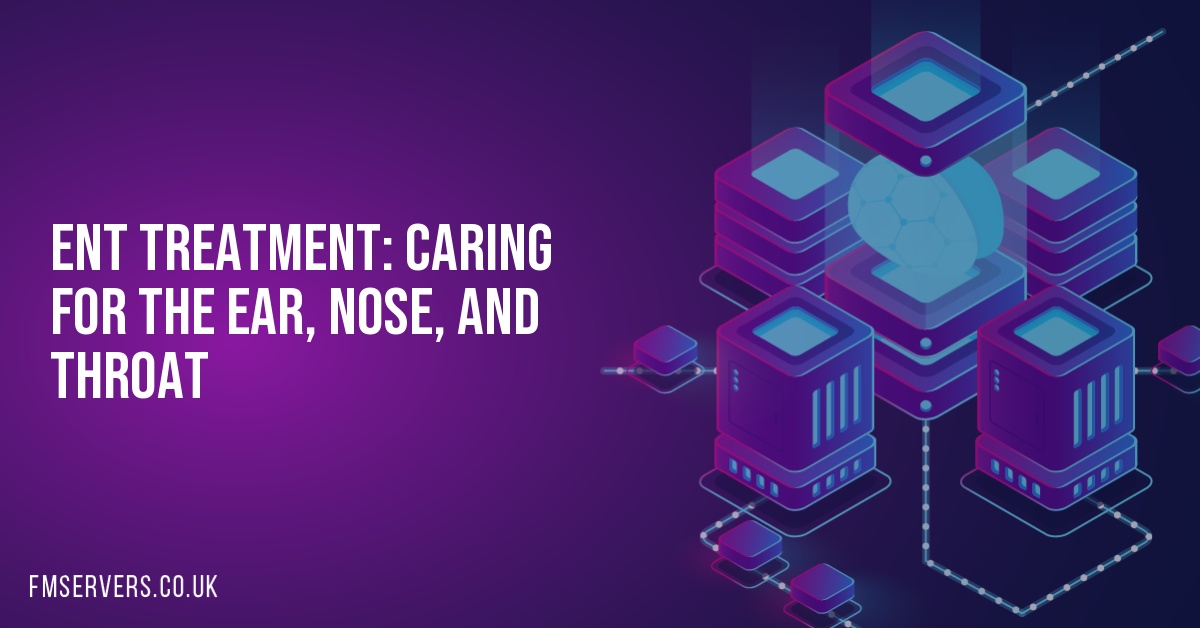The ear, nose, and throat are essential sensory organs in the head responsible for hearing, smelling, tasting, and breathing. These organs work together to regulate air passage to the lungs and voice box, offer a sense of smell and taste, and balance the body.
ENT disorders can cause discomfort and pain, and impact daily life activities. In this article, we will discuss common ENT disorders, their symptoms, diagnosis, and treatment.
Common ENT Disorders
The ear, nose, and throat (ENT) share eustachian tubes that link the throat to the middle ear. These tubes also link sinuses that run beneath the nose, purifying the air and humidifying the nose.
Ear Infections
Ear infections can be caused by viruses or bacteria and affect the middle and outer ear. Acute ear infections cause pain and discomfort, while chronic infections can lead to hearing loss and inner ear damage. Common ear defects include glue ears, Meniere’s disease, and ear wax plugs.
Symptoms of ear infections include discharge of pus-like fluid, fever, headache, loss of balance, discomfort in the ear, and pressure in the ear.
To diagnose an ear infection, an ENT specialist will take a medical history and assess the symptoms. Depending on the severity and location of the infection, some cases may require an ENT surgeon to operate. Treatment typically involves taking prescribed medications, such as antibiotics or painkillers.
Nose Infections
Nose infections are often caused by bacteria or viruses, leading to discomfort at the tip of the nose or in the sinuses. Severe nose infections, like nasal furuncles, can require outpatient clinic visits. Common nose defects include a deviated septum, allergies, and sinusitis.
Symptoms of nose infections include facial swelling, redness and swelling of the nose, fever, pain, and boils inside the nostrils.
Diagnosing nose infections involves an ENT specialist examining the symptoms and possibly conducting lab tests. Treatment may include prescribed medication, such as antibiotics or antivirals, or other ENT procedures, like nasal irrigation.
Throat Infections
Throat infections, like laryngitis, pharyngitis, and tonsillitis, can be caused by viruses, bacteria, or other factors, like sleep apnea or cancer. Symptoms of throat infections include throat irritation, dryness, headaches, red or swollen tonsils, fever, nausea or vomiting, and pain when swallowing.
An ENT specialist will assess the symptoms and may recommend lab tests, imaging, or other diagnostic procedures, like language therapists or sleep studies. Treatment for throat infections can involve prescribed medication, such as antibiotics, antivirals, or painkillers. In some cases, ENT surgeries, like throat or neck surgeries, may be necessary to alleviate sleep apnea or other conditions.
Diagnosis and Treatment
Diagnosing ENT disorders is crucial to developing a treatment plan. ENT specialists will take a medical history and assess the symptoms to determine the cause of the disorder. Some ENT disorders may require additional diagnostic procedures like imaging, lab tests, or specialist consultations.
Once diagnosed, ENT disorders can be treated with medication, therapy, or surgery. Medication can include antibiotics or antivirals to treat infections, painkillers to alleviate discomfort, or allergy medications to alleviate symptoms. Therapy can include speech therapy for language disorders or sleep studies for sleep apnea.
In some cases, surgery may be necessary to treat ENT disorders. Surgery can range from minimally invasive procedures to extensive surgeries that require a hospital stay. Surgery can involve repairing a deviated septum, removing tonsils, or treating tumors.
Preventing ENT Disorders
While some ENT disorders may be genetic or unavoidable, there are ways to reduce the risk of infection or injury. Practicing proper hygiene, like washing hands regularly and avoiding touching the face, can help prevent the spread of bacteria or viruses. Avoiding exposure to allergens or irritants, like smoking or air pollution, can also reduce the risk of ENT disorders.
Maintaining a healthy lifestyle can also help prevent ENT disorders. A well-balanced diet can help boost the immune system and reduce the risk of infections. Regular exercise can significantly reduce the risk of sleep apnea and other conditions that may cause ENT disorders.
It’s also imperative to protect the ears and nose from injury. Wearing earplugs in loud environments, like concerts or construction sites, can help prevent hearing loss. Avoiding inserting objects into the ear or nose, like cotton swabs, can also reduce the risk of injury and infections.
Regular check-ups with an ENT specialist can also help prevent ENT disorders. ENT specialists can detect potential problems early on and develop a treatment plan before the condition worsens.
Ear, nose and throat (ENT)
Ear, nose, and throat disorders can cause discomfort and impact daily life activities. Recognizing the symptoms, seeking timely medical attention, and following prescribed treatments can help alleviate symptoms and prevent long-term damage.
Practicing proper hygiene, avoiding exposure to irritants, maintaining a healthy lifestyle, and protecting the ears and nose from injury can also help prevent ENT disorders.
If you experience any symptoms of an ENT disorder, consult an ENT specialist for proper diagnosis and treatment. ENT specialists have the expertise and resources to assess and treat various ENT disorders, ensuring that patients receive the best care possible. With early detection and treatment, most ENT disorders can be managed effectively, allowing patients to lead healthy and fulfilling lives.

